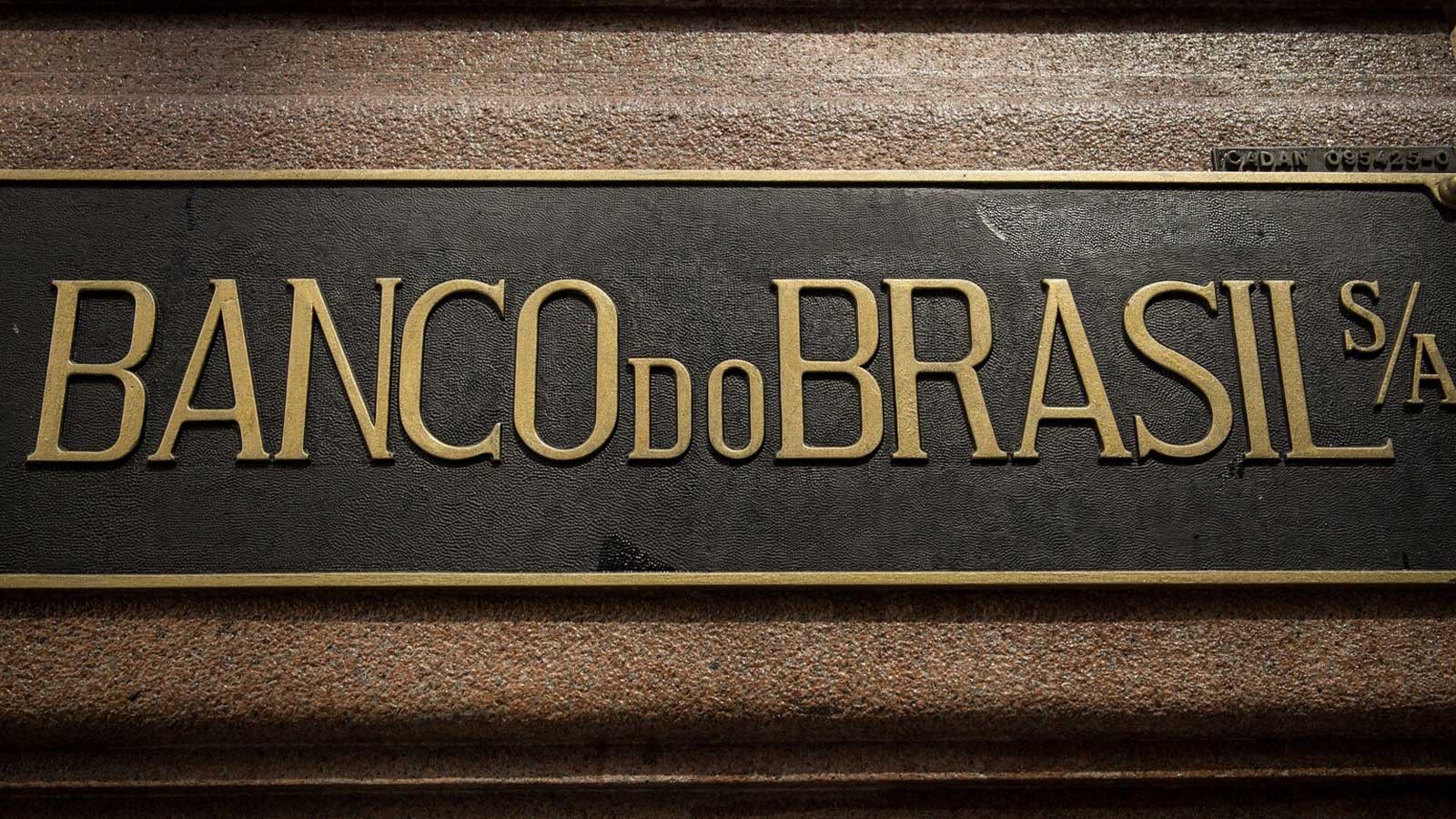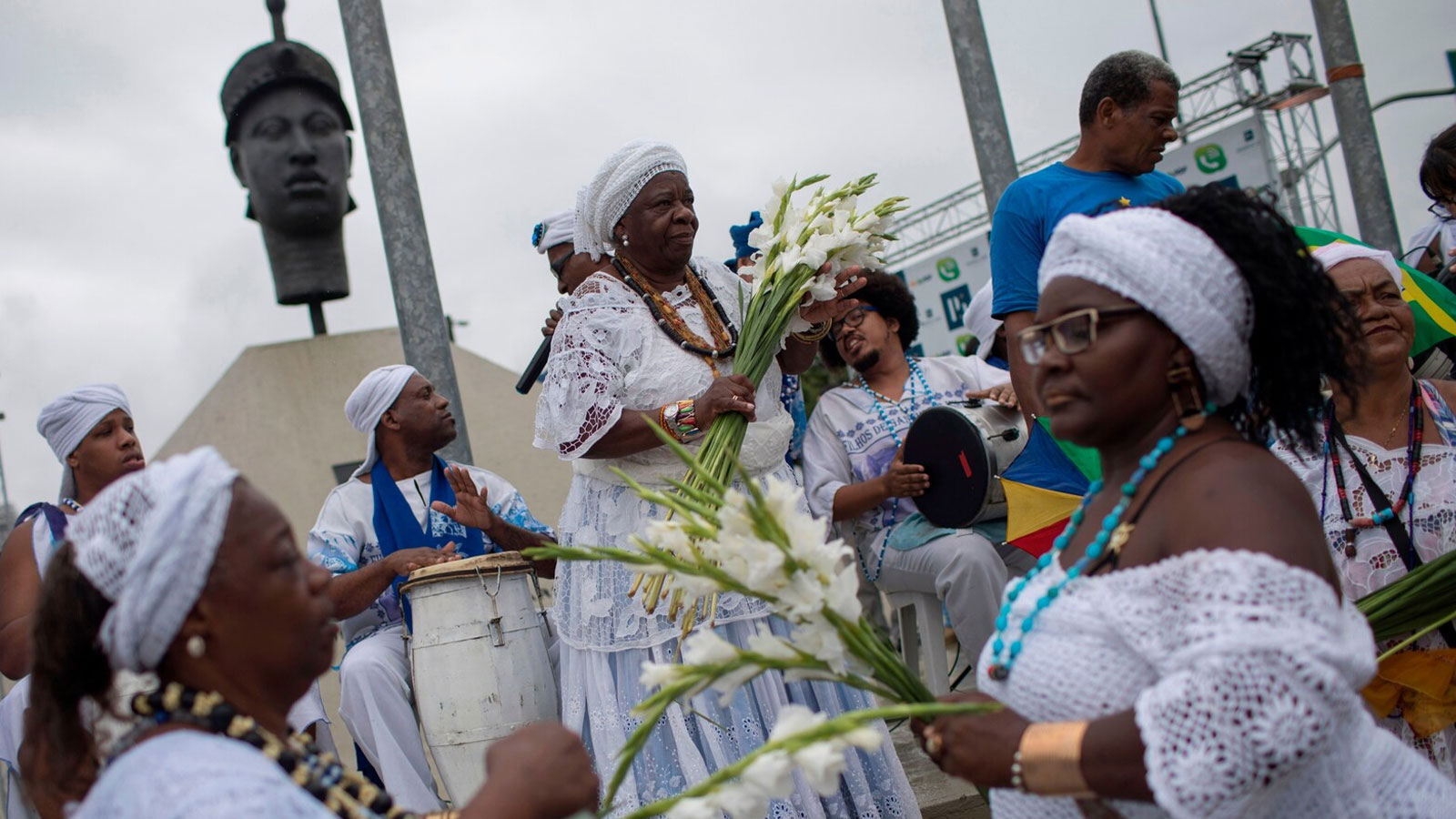Attorneys with the Federal Public Ministry gave Banco do Brasil 15 days to apologize for its role in slavery and present a plan for some form of reparations.
By Terrence McCoy and Marina Dias, The Washington Post —
In the mid-1800s, the most prolific slaver in Brazil was a man named José Bernardino de Sá. The transatlantic slave trade was banned in Brazil and abroad, but Bernardino nonetheless financed the trafficking of nearly 20,000 Africans to Brazil — and became one of the country’s wealthiest people.
He used that wealth to buy farms, build roads — and, historians say, fund the Banco do Brasil. It’s just one of several links that ties this country’s oldest and most prominent bank to the slave trade. Not only was its initial capital drawn from slavery, historians say; its original vice president and director were also notorious slavers.
That history, and what should be done about it, is now at the center of a remarkable legal filing by government attorneys in Rio de Janeiro — an action that’s asking some of the most fundamental questions about Brazil, its history and the long shadow the transatlantic slave trade casts over it. The attorneys from the Federal Public Ministry say the time has come for Brazilian institutions to account for their role in slavery. They’ve called on Banco do Brasil to commit to some form of reparations.
“If this isn’t unprecedented,” Julio Araujo, one of the lawyers on the brief, told The Washington Post, “it’s definitely new.”
The attorneys on Friday gave Banco do Brasil 15 days to publicly acknowledge its role in slavery and the slave trade and present plans for some form of reparations.
The bank does not deny its ties to slavery but has argued that it should not be held responsible for the sins of a society. It says it did not commit any crimes and should not be liable for the actions of those who worked for or funded the bank.
“Banco do Brasil emphasizes — vehemently — that it feels deeply sorry for this unfortunate chapter in the history of humanity and our society,” it said in a statement to The Washington Post. “Enslavement for hundreds of years caused irreversible damage to the people enslaved at the time and their descendants. Therefore, it is a moment in history that must be remembered and discussed.”
But that discussion should involve the entire society, the bank said, not just one 200-year-old company.
“Banco do Brasil has done and will continue to do much for diversity and development,” the bank said. It listed examples, including a public commitment to employ “Black, Brown and Indigenous people” in at least 30 percent of leadership positions by 2025. It said it had reached 23 percent this spring.

A plate marks the entrance to Banco do Brasil in São Paulo. (Yasuyoshi Chiba/AFP/Getty Images)
The filing by the government attorneys reflects an ongoing debate that is challenging long-held beliefs in this widely diverse, profoundly unequal country of 215 million people. Brazilians, particularly elites descended from European settlers, have historically preferred to think of their country as free of racism. “A racial democracy,” they boasted, where people could marry independent of skin color and race was defined less rigidly than in the United States.
That story, historians say, has largely obscured the primacy of slavery in Brazil’s genesis — and its enduring impact. Brazil imported around 5 million enslaved Africans — far more than any other country — accounting for roughly 40 percent of the entire trade. Nearly twice as many enslaved people were brought through a single wharf in Rio de Janeiro than arrived in all of the United States. It was the last country in the Americas, in 1888, to abolish slavery.
“Brazil has never had a problem romanticizing its memory of slavery,” said Luciana Brito, a historian at the Federal University of Recôncavo da Bahia. “It likes to remember slavery as a means of producing a beautiful people, of one nation, as though it was a necessary evil.”
Now the country has come toa reckoning. One of Brazil’s top-selling books in recent years has been a three-part historical examination of its slaving past. The National Historical Museum has updated texts to emphasize the barbarity of slavery. President Luiz Inácio Lula da Silva created a Ministry of Racial Equality. And this week, the Rio de Janeiro city council approved legislation to remove all statues that depict “slavocrats” favorably.
To historians, the moment has seemed ripe for a deeper conversation on the role that major Brazilian institutions played in the slave trade.
One that has drawn particular attention is Banco do Brasil, which in 2023 reported $380.3 billion in assets and $5.8 billion in profits, according to Forbes. Charteredin 1808 by Portuguese King Dom João, the bank drew its foundational capital from taxes the crown imposed on sea trade, much of which involved slavery. The wealthy Rio elite — many of whom trafficked in enslaved Africans — were invited by the crown to finance the bank.
“It was more of a debtor to the transatlantic slave trade than a creditor,” said Clemente Penna, a historian at the Federal University of Santa Catarina. “It was the traffickers who had the gold and currency, so they were the ones Dom João asked to establish the first Banco do Brasil.”
When the trade was outlawed in 1831, the bank’s ties to slavery didn’t diminish, historians and government attorneys say — they intensified. The bank closed for two decades but reopened in 1853 for the purpose of accumulating ill-gotten wealth, prosecutors and historians allege, most of it from the international slave trade.
“Bring together capital that has found itself displaced from illicit trade and converge it into a center where the productive forces of the country could be fed,” Irineu Evangelista de Sousa, who reopened the bank, wrote in his autobiography. “This was the idea that came into my head.”
The openness with which he spoke of the scheme, historians say, betrays the extent to which the crime of slavery was normalized in elite Brazilian society.
Under pressure from the United Kingdom, Brazil begrudgingly signed on to an international campaign to abolish the international slave trade in 1831. But it did little to enforce it. More than 700,000 enslaved Africans were trafficked into the country until a more restrictive law was passed in 1850.
Historians say the most notorious slavers used their wealth to fund the bank or staff it. Bernardino, for instance, was its biggest shareholder.
But that story, and so many others, was virtually unknown to Brazilians, said Thiago Campos, a historian at the Federal Fluminense University. So a group of historians began discussing earlier this year how to start a broader conversation.
“We were talking about the global discussion of reparations and public policies in other countries that had slavery, and we started to think about how we could begin such a discussion here, thinking of Brazilian institutions,” Campos said.
Fourteen historians wrote a letter this autumn to government attorneys outlining what they knew of Banco do Brasil’s history and asking for a national debate on the matter. The attorneys with the Federal Public Ministry, who represent Brazilians in cases involving individual or social rights, took it even further: They called for reparations.
The compensation could take several forms. One might be monetary compensation or other services to attend to slavery’s victims. It could also be a public acknowledgment of the bank’s historical role.
Araujo, one of three attorneys who signed the filing, said he hoped the action was only the beginning of a broader historical accounting.
“Unfortunately, Brazil is very behind on this discussion,” he said. “I believe it will be likely that as we progress with this case, others will come forward, and we’ll have more discussion on this topic. It’s an important moment to put this on the national agenda.”
Source: The Washington Post
Terrence McCoy is The Washington Post’s Rio de Janeiro Bureau Chief. He has twice won the George Polk Award and was named a finalist for the Pulitzer Prize in 2023.
Featured image: Women perform in front of a monument to Zumbi dos Palmares, an important leader in the resistance to slavery in Brazil, on Black Awareness Day in Rio de Janeiro. (Leo Correa/AFP/Getty Images)


